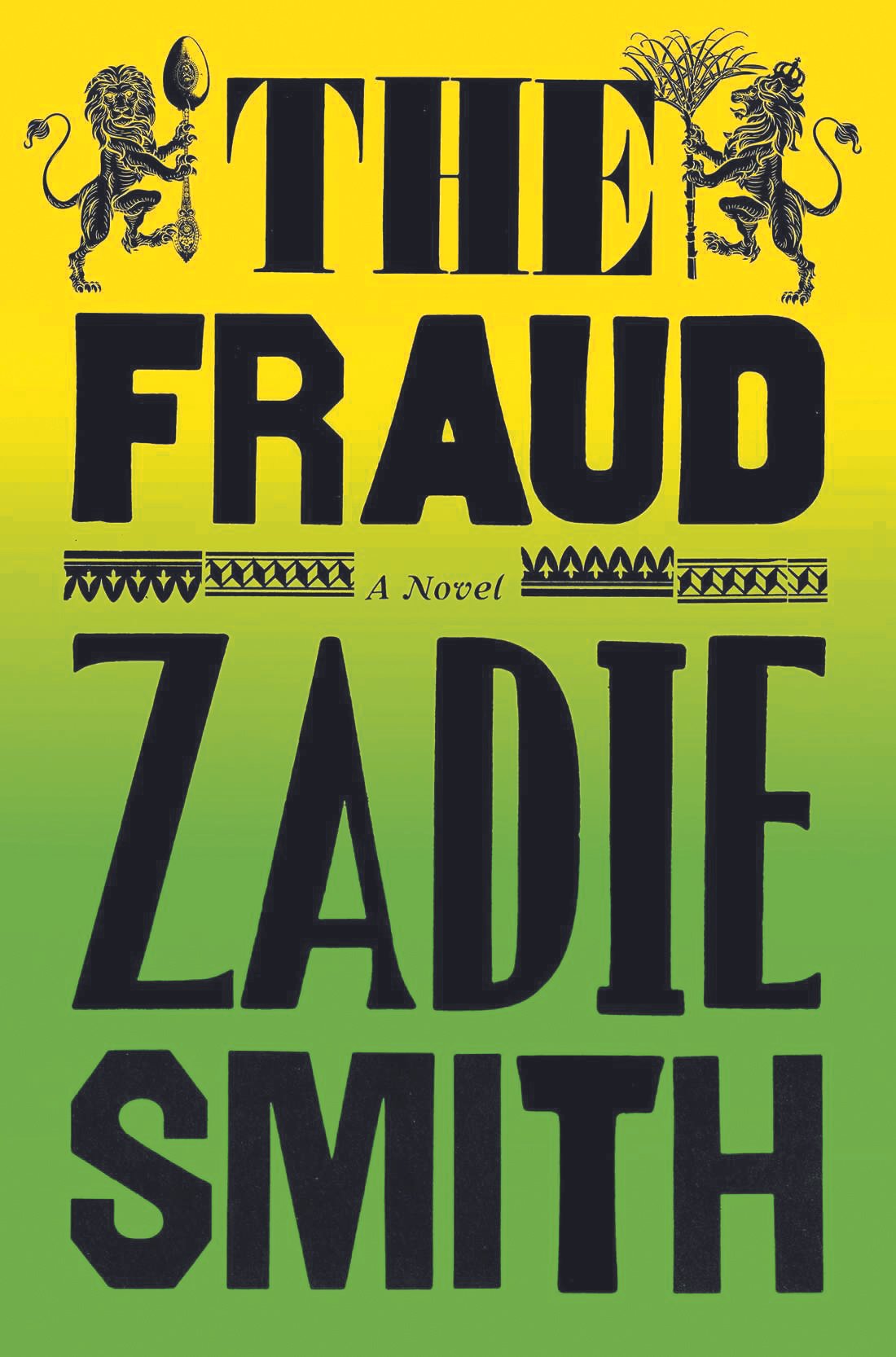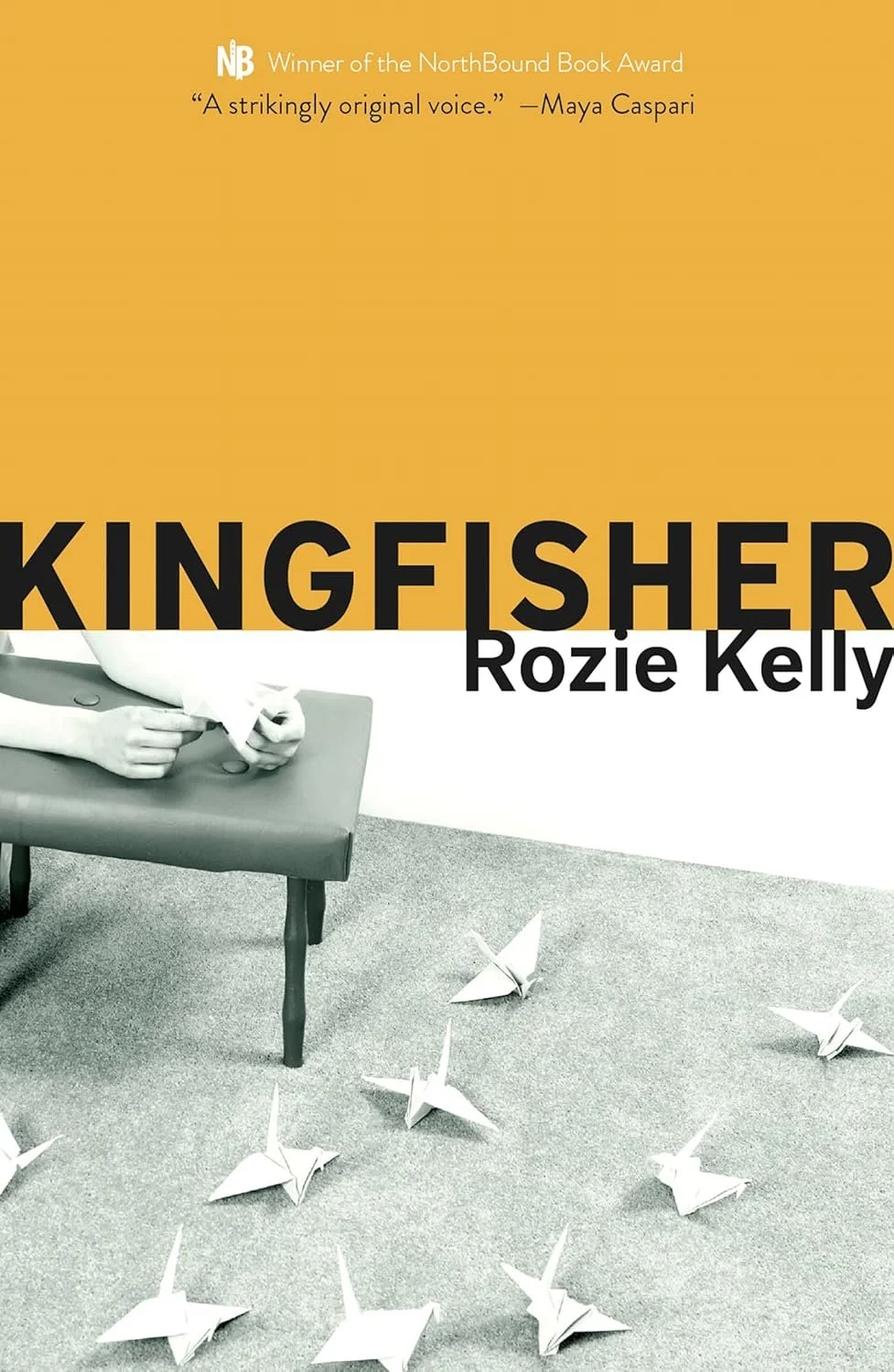The Fraud, Zadie Smith
‘Its short chapters, movement back and forth in time and its sheer readability all create a fast pace that reflect a sense of progress and forward motion that are hallmarks of Victorian thought.’
I both inhaled and loved The Fraud. On the surface it’s a romp in the style of the Victorian novel – funny and chaotic, with impeccable dialogue and fascinating characters.
The Fraud is based on real people, including our narrator, Eliza Touchet, a gem of an anti-Dickensian woman who is a housekeeper for her cousin, William Ainsworth, a novelist who wrote at the same time as Charles Dickens. Eliza is an abolitionist, a believer in social reform, and a keeper of secrets. Much of the action revolves around a court case that consumed Victorian England in the early 1870s: a penniless man from London’s East End who’d been living as a butcher in Australia claimed to be the long-lost heir to a fortune, the heir having been presumed dead in a shipwreck years before. This frankly unbelievable story was championed by the star witness in the case – Andrew Bogle, a Black man once enslaved in Jamaica.
As we get to know Eliza and Andrew, we understand more about the entwined histories of their two nations, and the dark underbelly on top of which their lives play out. And this is the essential take-away of the novel; this is the real fraud: how humans prefer to look the other way instead of seeking the truth – something that still happens in 2023, which makes this historical novel feel surprisingly contemporary.
Its short chapters, movement back and forth in time and its sheer readability all create a fast pace that reflect a sense of progress and forward motion that are hallmarks of Victorian thought. But in The Fraud, we see how this perception is also a trick, designed to cover up essential truths.
Editorial Picks




